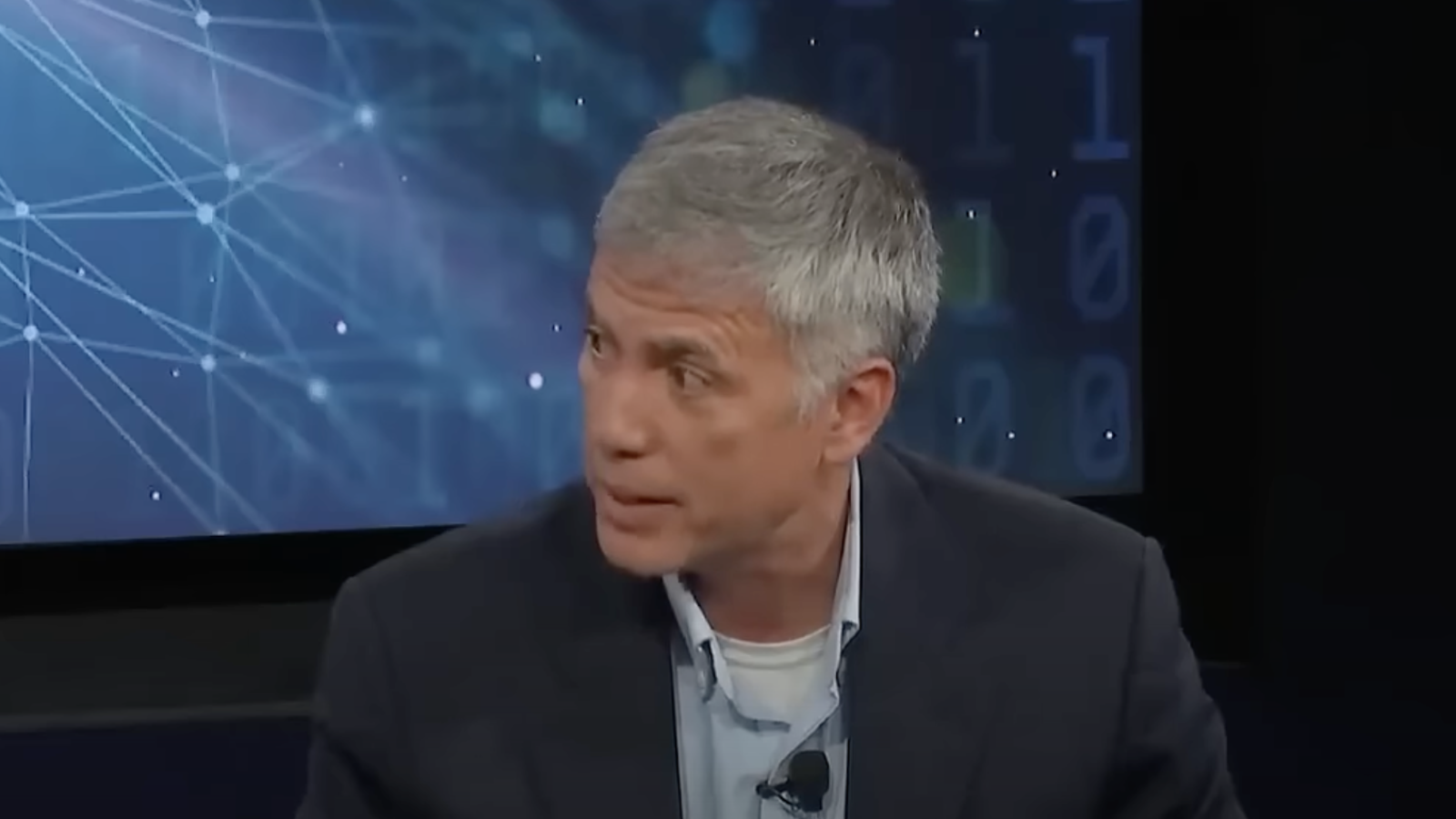OpenAI has added former NSA director Paul Nakasone to its board of directors.
Naksaone who served as the former NSA director under the trump administration will join Open AI’s board’s Safety and Security Committee.
Nakasone told the press, “OpenAI occupies a unique role, facing cyber threats while pioneering transformative technology that could revolutionize how institutions combat them.”
“I am looking forward to supporting the company in safeguarding its innovations while leveraging them to benefit society at large,” added Nakasone.
In recent months, OpenAI has faced backlash from prominent figures such as Elon Musk for the company’s privacy issues.
OpenAI has brought the director of the NSA to its board of directors
Because of course https://t.co/AgB90ATfIz pic.twitter.com/PLhUobpXX7
— Benjamin De Kraker 🏴☠️ (@BenjaminDEKR) June 14, 2024
OpenAI just hired the guy who was in charge of mass surveillance at the NSA. He outsourced the illegal mass spying against Americans to British spy agencies to circumvent US law. He gave them unlimited spying access to US networks. Tells you all you need to know about OpenAI. https://t.co/5zKyDHfFOC
— Kim Dotcom (@KimDotcom) June 14, 2024
Here’s what The Washington Post reported:
OpenAI has tapped former U.S. Army general and National Security Agency director Paul M. Nakasone to join its board of directors, the continuation of a reshuffling spurred by CEO Sam Altman’s temporary ousting in November.
Nakasone, a Trump appointee who took over the NSA in 2018, will join the board’s Safety and Security Committee, which OpenAI stood up in late May to evaluate and improve its policies to test models and curb abuse.
The appointment of the career Army officer, who was the longest-serving leader of U.S. Cybercom, comes as OpenAI tries to quell criticism of its security practices — including from some of the company’s current and former employees who allege the ChatGPT-maker prioritizes profits over the safety of its products. The company is under increasing scrutiny following the exodus of several key employees and a public letter that called for sweeping changes to its practices.“OpenAI occupies a unique role, facing cyber threats while pioneering transformative technology that could revolutionize how institutions combat them,” Nakasone told the Post in a statement. “I am looking forward to supporting the company in safeguarding its innovations while leveraging them to benefit society at large.”
Paul M. Nakasone brings world-class cybersecurity expertise to OpenAI’s Board of Directors, helping us deliver on our mission by protecting our systems from increasingly sophisticated bad actors. https://t.co/p8xZ4RhzAK
— OpenAI (@OpenAI) June 13, 2024
Per OpenAI:
Today, Retired U.S. Army General Paul M. Nakasone has joined our Board of Directors. A leading expert in cybersecurity, Nakasone’s appointment reflects OpenAI’s commitment to safety and security, and underscores the growing significance of cybersecurity as the impact of AI technology continues to grow.
As a first priority, Nakasone will join the Board’s Safety and Security Committee, which is responsible for making recommendations to the full Board on critical safety and security decisions for all OpenAI projects and operations.
The security of OpenAI’s systems—from protecting the large AI training supercomputers we operate to securing our sensitive model weights and the data entrusted to us by customers—is central to achieving our mission. As AI technology becomes more capable on the path to artificial general intelligence (AGI), we are becoming more resilient to increasingly sophisticated cyber security threats over time.
Nakasone’s insights will also contribute to OpenAI’s efforts to better understand how AI can be used to strengthen cybersecurity by quickly detecting and responding to cybersecurity threats. We believe AI has the potential to deliver significant benefits in this area for many institutions frequently targeted by cyber attacks like hospitals, schools, and financial institutions.



Join the conversation!
Please share your thoughts about this article below. We value your opinions, and would love to see you add to the discussion!